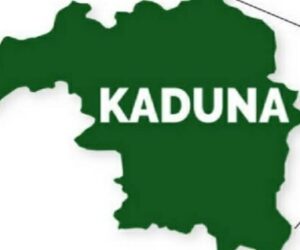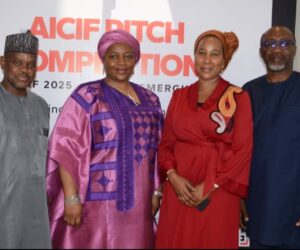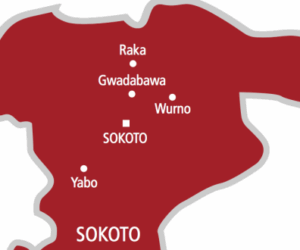1
The Corporate Accountability and Public Participation Africa (CAPPA) has appointed veteran civil rights advocate Auwal Musa Rafsanjani as the new Chairman of its Advisory Board, following an election held over the weekend.
In a statement announcing his emergence, the organisation described the appointment as a renewed commitment to defend public interest, promote democratic accountability, and safeguard people and resources across Nigeria and the African continent.
Rafsanjani, a well-known figure in Nigeria’s civil society movement, currently serves as the Executive Director of the Civil Society Legislative Advocacy Centre (CISLAC) and heads Transparency International Nigeria. He also chairs the Board of Trustees of Amnesty International Nigeria, leads the Zero Corruption Coalition, and co-convenes the Say No Campaign.
With more than three decades of advocacy experience, Rafsanjani has championed anti-corruption reforms, human rights, and governance accountability both in Nigeria and internationally. He previously represented Sub-Saharan Africa on the Coordination Committee of the UN Convention Against Corruption (UNCAC) Civil Society Coalition and helped found the Transition Monitoring Group, a key electoral watchdog in the country.
According to CAPPA, Rafsanjani’s leadership comes at a critical time when civic freedoms are shrinking and public resources are increasingly commercialised. His expertise in transparency and governance, the organisation said, will deepen CAPPA’s work across issues such as public health, environmental justice, and social accountability.
Other members of the Advisory Board include Akinbode Oluwafemi (Executive Director and Board Secretary), Evelyn Nkanga Bassey (Treasurer), Scott Pegg, Kayode Ogunbunmi, Betty Abah, and Doifie Buokoribo, all of whom bring wide-ranging experience in advocacy, environmental justice, and community development.
Speaking after his election, Rafsanjani pledged to strengthen CAPPA’s role as a fearless defender of the public interest. He said the organisation would continue to prioritise campaigns for public health, democratic rights, and environmental protection, adding that stronger institutional focus will help drive its mission forward.
Meanwhile, the CAPPA Board raised serious concerns about Nigeria’s growing rush into the solid minerals sector, warning that the aggressive pursuit of lithium and other “green minerals” could trigger a new wave of exploitation and environmental destruction if not properly regulated.
It noted that while the mining industry’s contribution to GDP has reportedly risen to 4.6 percent from less than 0.5 percent a decade ago, the expansion is already being accompanied by land grabs, forced displacement, pollution, and opaque concession practices.
Drawing parallels with the Niger Delta experience, the board cautioned that Nigeria risks “repeating the tragedy of oil dependency” — a situation where resource wealth enriches a few but devastates ecosystems and local livelihoods. It urged the government to strengthen oversight, ensure community consent, and enforce transparency in mining operations.
“There can be no just transition if local communities are left behind,” the board stated, calling for a people-centred resource governance framework that values land, water, and culture beyond their commercial worth.
Reaffirming its mission, CAPPA vowed to expand partnerships with labour unions, grassroots movements, women’s groups, youth coalitions, and community defenders across Africa, stressing that the struggle for accountability and public participation must be collective and unrelenting.








